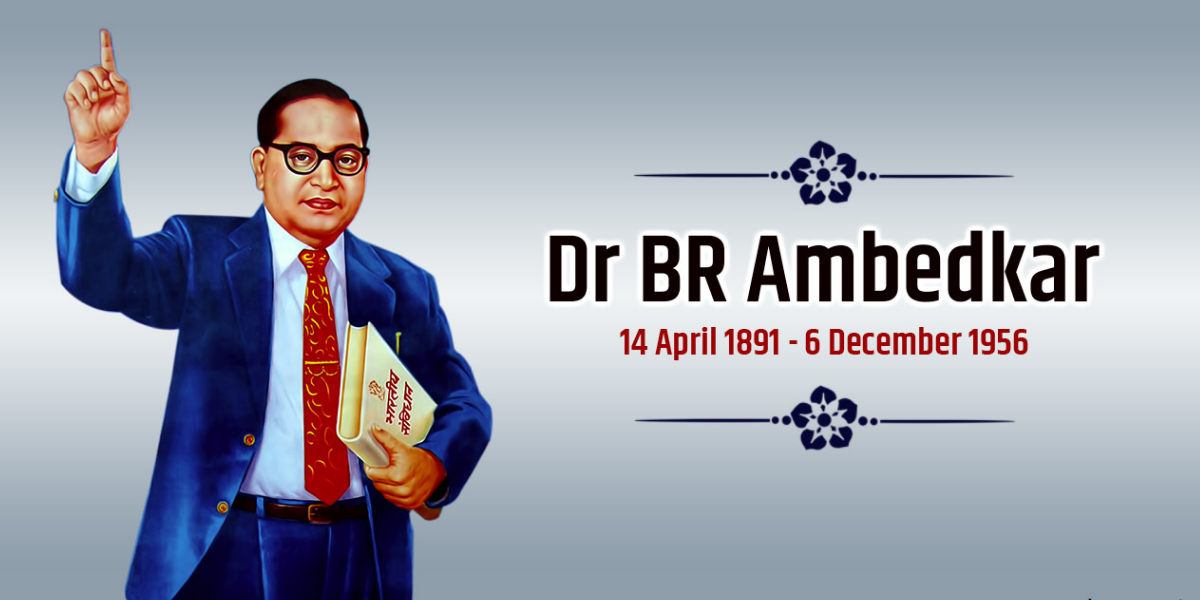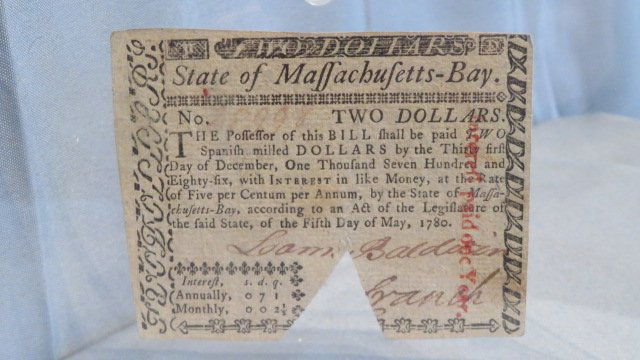B.R. Ambedkar Remembrance Day 14th April: A Journey from Oppression to Liberation- Dr. Bhimrao Ramji Ambedkar, a name synonymous with social justice, equality, and the empowerment of the marginalized, holds a pivotal place in the history of India. Known as the principal architect of the Indian Constitution, his contributions go far beyond his role as a constitutional expert. His life’s journey—from humble beginnings to becoming one of the most influential figures in modern India—embodies the struggle for justice and the quest for equality.
A Humble Beginning
Born on April 14, 1891, in the town of Mhow, Madhya Pradesh, Dr. Ambedkar came from a humble and oppressed background. His family belonged to the Mahar caste, which was considered one of the “untouchable” communities in India. In a society deeply entrenched in the caste system, Dalits (previously known as untouchables) were subjected to systemic discrimination and social exclusion. Despite these societal barriers, Ambedkar displayed an extraordinary drive for education and personal growth from a young age.
The early years of Ambedkar’s life were marked by the challenges of caste-based discrimination. As a child, he faced exclusion and humiliation even within the school environment. He was often denied basic amenities like water and was forced to sit separately from other students. Despite these hardships, Ambedkar’s brilliance shone through. He excelled in his studies, defying the odds stacked against him.
Education: The Key to Liberation
Ambedkar’s unquenchable curiosity propelled him to study extensively, both within India and internationally. He completed his matriculation from Elphinstone High School in Bombay (now Mumbai) and went on to study at Elphinstone College. His academic brilliance was recognized, and in 1913, he was awarded a scholarship to pursue further studies at Columbia University in New York, where he earned his Master’s degree in economics.
His journey didn’t stop there—Ambedkar later went to the London School of Economics, where he earned a Doctorate in Law. It was during these years abroad that he immersed himself in the study of political science, law, and economics, which would later lay the foundation for his revolutionary work in drafting the Indian Constitution. Ambedkar’s education wasn’t just about personal growth; it was a tool he would use to fight for the rights of the oppressed in India.
Championing Social Justice and Equality
Ambedkar’s understanding of social justice was deeply influenced by his own experiences of caste discrimination and his academic pursuits. He was profoundly aware of the injustices faced by the Dalit community, and throughout his life, he became a tireless advocate for their rights.
One of his most notable contributions was the Poona Pact of 1932. In the face of a historic struggle for political representation of Dalits in the legislature, Ambedkar pushed for separate electorates for the untouchables. The Poona Pact was a result of a compromise between Ambedkar and Mahatma Gandhi, who was opposed to the idea of separate electorates. The pact allowed Dalits to have reserved seats in the legislature but still voted by the general electorate, ensuring greater political representation for the marginalized communities.
Ambedkar also played a key role in advocating for the rights of women. He believed that the caste system and patriarchy were closely intertwined, both of which oppressed women, particularly Dalit women. His efforts to eradicate untouchability and promote the rights of women were monumental in shaping a more inclusive India.
Dr. Ambedkar’s Role in Drafting the Constitution
Ambedkar’s most significant contribution to India was his work as the Chairman of the Drafting Committee of the Indian Constitution. After India gained independence in 1947, a Constituent Assembly was tasked with creating a new framework for the country. Ambedkar’s deep knowledge of law, politics, and social justice made him the natural choice to lead this committee.
Ambedkar was a staunch advocate for the creation of a constitution that would enshrine the values of equality, liberty, and justice. He played a pivotal role in framing the Constitution that would eventually guide India into a democratic republic. The Constitution he helped create enshrines the right to equality, outlawing discrimination on the basis of caste, religion, gender, or place of birth, which was a revolutionary step forward in a society still struggling with deep-rooted inequalities.
He ensured that the Constitution guaranteed the abolition of untouchability, a practice that had existed for centuries in India. The Indian Constitution also established safeguards for the rights of minorities and the marginalized, offering them protections against discrimination.
Ambedkar’s vision for India was one where every citizen, irrespective of their caste, creed, or gender, would be treated as equal. His tireless advocacy for the rights of Dalits and other oppressed groups laid the foundation for social reforms that continue to shape India today.
The Legacy of Dr. B.R. Ambedkar
Dr. B.R. Ambedkar’s legacy is immense. His work in drafting the Indian Constitution has made India one of the largest and most diverse democracies in the world. The principles of equality, justice, and fraternity that Ambedkar championed are now embedded in the very fabric of India’s democracy.
Ambedkar’s fight was not limited to his lifetime; his legacy continues to inspire millions, especially those who have been historically oppressed. The Dalit community, in particular, has found strength in his words and actions. His teachings on social justice, his critiques of the caste system, and his calls for the empowerment of marginalized groups have made him a symbol of resistance against social injustice.
Dr. Ambedkar’s influence is also seen in the rise of social movements and organizations that advocate for the rights of Dalits and other marginalized communities. His birthday, April 14, is celebrated across India as Ambedkar Jayanti, a day of remembrance and reflection on his contributions to society.
Which butter is good for weight loss | Maya
Final Thoughts
Dr. B.R. Ambedkar’s life story is a testament to the power of education, perseverance, and the unwavering belief in justice. From the confines of caste-based discrimination to becoming the principal architect of India’s Constitution, his journey exemplifies the strength of the human spirit in overcoming adversity. His work, particularly in ensuring the rights of the oppressed, continues to resonate today. In the fight for equality, his vision remains an enduring beacon of hope for generations to come.




